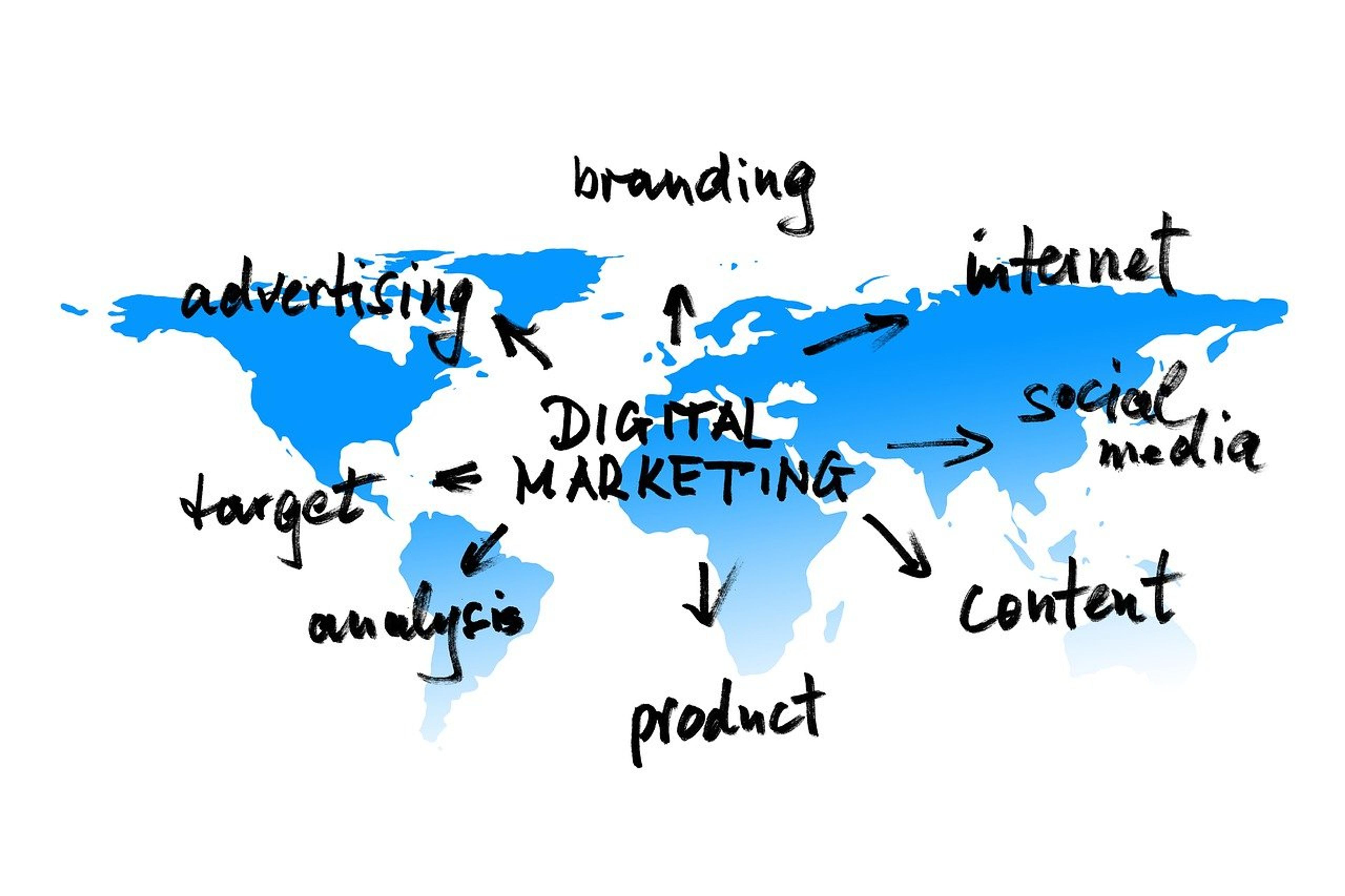Best Project Management Tools for SaaS Teams: Notion, Airtable, Trello & More (2025 Guide)

In 2025, SaaS startups face the need to move fast without breaking things. Efficient collaboration, clear visibility, and intelligent workflows are no longer optional; they’re the backbone of growth. If your project management tool doesn’t support your pace, it becomes a bottleneck. That’s why choosing the right platform is a strategic decision, not just a checkbox.
Here are six project management tools widely used by modern SaaS teams: Notion, Airtable, Trello, Asana, ClickUp, and Linear, explored through real-world use cases to help you pick the best one for your workflow and scale.
Notion: The Fully Customizable Workspace for Productive Teams
If your SaaS team thrives on flexibility and uses one platform for docs, sprints, wiki, and even task tracking, Notion offers an all-in-one experience. It’s highly modular, allowing founders and product leads to build dashboards, feedback trackers, roadmap tables, and collaborative documentation, all connected in a single workspace. As your team grows, Notion’s relational database features and AI enhancements enable faster cross-team collaboration without leaving the platform.
Airtable: Structured Databases with No-Code Power and Workflows
Driven by operations, product, or content workflows? Airtable bridges the gap between spreadsheets and custom apps. It’s ideal for tracking bug tickets, organizing content strategies, managing customer onboarding pipelines, or operating internal dashboards. Airtable’s visual interfaces, built-in automations, and the ability to build self-service views make it a powerful hub for internal tools without writing code.
Trello: The Simple Kanban Tool That Accelerates Execution
For teams that value immediate clarity over configuration, Trello remains best-in-class for Kanban-style task management. It’s perfect for early-stage startups or cross-functional squads that tackle marketing campaigns, sprint planning, or launch checklists. Trello’s Butler automation, power-ups, and integrations with Slack, Google Drive, and others let teams stay organized without overcomplication.
Asana: Structured Agile Workflows for Cross-functional Teams
When projects extend beyond basic boards spanning content publishing, launch planning, and engineering sprints, Asana offers structured workflow templates, timeline views, and goal tracking. Its automation rules ensure tasks move between teams seamlessly, and its reporting dashboards allow executives to monitor progress across multiple streams. Asana scales with growing SaaS teams and supports both agile and waterfall styles.
ClickUp: The All-in-One Platform with Deep Customization
Looking for a single platform that combines docs, tasks, dashboards, time tracking, and automation? ClickUp does exactly that. It’s designed to be customizable to every team’s needs, from engineering and design to support and marketing, allowing role-based access, data views, and workflow templates. In 2025, ClickUp’s AI tools, internal forms, and integrated goal tracking make it ideal for teams seeking an operational control center.
Linear: The High-Performance Issue Tracker for Engineering Teams
SaaS teams with developers moving at high velocity often choose Linear for issue tracking. Its keyboard-centric interface, lightning-fast board transitions, and built-in roadmap planning make it a favorite among modern engineering teams. Linear integrates seamlessly with GitHub, Slack, and Figma, making it easy to track bugs, feature requests, and release plans without leaving dev workflows.
How to Choose the Right Tool Based on Your SaaS Team Structure
Each of these tools has its sweet spot depending on how your team operates:
- Use Notion if you prefer building custom dashboards, team wikis, and interlinked workspaces that evolve with your company.
- Lean on Airtable when your work revolves around structured data and automation like product tracking, bug triage, or content plans.
- Adopt Trello for lightweight task management and fast, visual execution without setup friction.
- Choose Asana if your team runs multi-step workflows across marketing, support, and engineering, where timelines and dependencies matter.
- Pick ClickUp when you need a single app to manage every aspect of workflows, from docs and tasks to monitoring and automation.
- Opt for Linear if you’re developer-heavy and need speed, precision, and roadmap planning tightly integrated with code.
Final Thoughts: The Right Tool Is a Strategic Asset
Your project management tool isn’t just software; it’s a reflection of how your team works, collaborates, and ships. By 2025, the fastest-growing SaaS companies will use these tools not only for task tracking but also as a growth medium that fuels predictable delivery, strong documentation, and cross-functional visibility.
Whether you want to streamline your launch process, tighten feedback loops, or scale from two to twenty engineers, the tool you choose sets the foundation. Picking the one that aligns with your workflow can be the difference between momentum and chaos.
At CreatedByAbah, we help SaaS teams not just choose tools, but architect workflows and frameworks that scale seamlessly. Want guidance on a migration plan or stack alignment? Let’s set something up!
Reach out!
Let's maximize your brand’s potential


